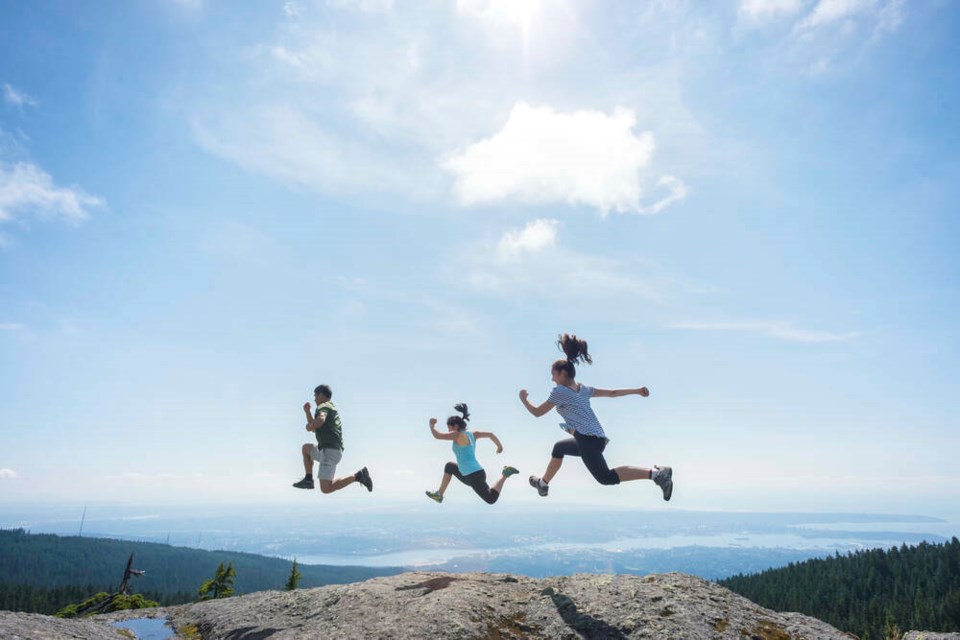How much do you drink on a Friday night? Do you lie awake at night worrying about a rent hike or mortgage rate increase? How much time do your kids spend on their phones? When’s the last time you went for a hike or hit the gym?
Inquiring minds at Vancouver Coastal Health and B.C.’s Centre for Disease Control want to know. And they’re urging the public to go online and fill out the latest population health survey and spill the beans.
The survey is the third , which started during the COVID-19 pandemic.
The first two surveys focused primarily on B.C. residents’ experiences during the pandemic and immediately afterwards. The current survey delves into recovery from the pandemic, but also addresses many broader determinants of health that have been captured in previous surveys, ranging from physical and mental health levels to social and economic circumstances.
For the first time, the survey also asks participants about the impacts of climate change and extreme weather on the population, including experiences with floods, wildfire smoke and whether they have access to cool spaces during extreme heat events.
Fortunately for anyone shy about spilling their less-wholesome secrets, the survey can be filled out anonymously.
Getting responses from as wide a segment of the population as possible is important, because the information is used by a wide variety of government agencies and stakeholders, says North Shore medical health officer Dr. Alex Choi. Those include not only public health officials, but also municipal and regional governments, for instance, which might draw on the information when making planning decisions.
The survey is open province-wide to all adults 18 and over.
Younger and working-age adults, men, those with lower incomes and visible minority groups are among those typically less likely to respond to surveys on the North Shore, said Choi, so it’s particularly important to hear from them. Locally, health officials are also hoping to boost responses in geographic areas including upper West Vancouver, Bowen Island and Lions Bay.
Just how reliable is this kind of self-reported information?
“There’s no perfect survey,” Choi acknowledges. “We do know that surveys are prone to what we call a social acceptability bias.”
Public health officials don’t rely on one data set, she added, but combine it with information from other surveys, census data and statistics coming from hospitals and provincial health authorities, as well as surveys that focus on specific populations like teenagers.
The first SPEAK survey in May of 2020 garnered about 400,000 participants province-wide, while the second round in April 2021 had about 200,000 participants.
Choi said one striking piece of information to come from those surveys was the detrimental impact of many pandemic-era restrictions on the mental health of children and teens, which flagged the issue for policy makers and led to changes in both policies (including re-opening schools) and long-term planning to try to address the issue.
Other pre-pandemic health surveys have shown North Shore residents are generally healthier than the average provincial resident, thanks to being relatively affluent, getting more exercise, smoking less and being socially connected.
But some survey results in the past showed North Shore folks are also , with work and money worries the key causes.
There have also been distinct differences noted between communities on the North Shore.
You can find the .
The survey is expected to stay open until later in June and possibly into July.



